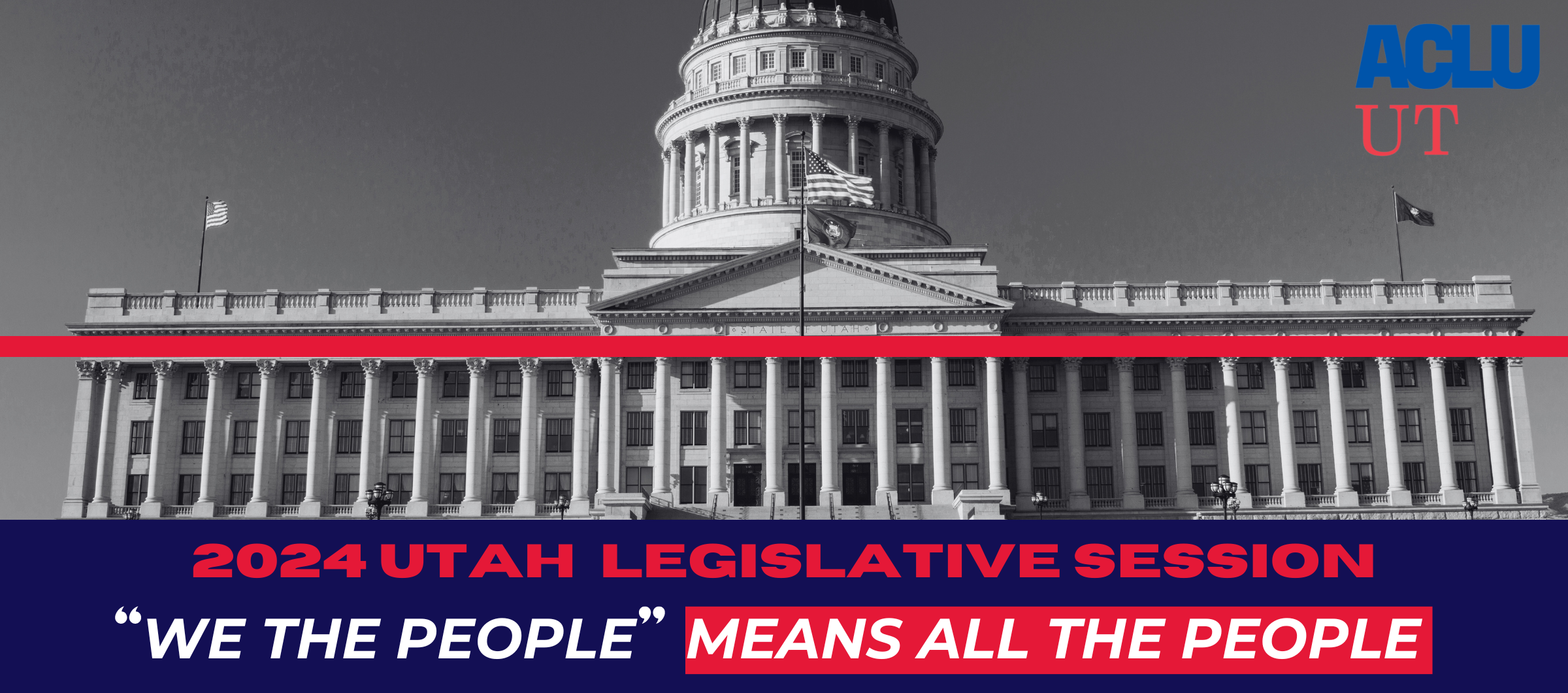My name is Ellie Menlove and I’m the Legislative and Policy Counsel at the ACLU of Utah. We urge you to oppose HB514 as it runs afoul of the separation of church and state principles in our Constitution.
Chaplains have no place in public schools and their presence will inevitably lead to unconstitutional religious coercion and promotion of religion in school settings. We recognize that student participation in chaplain services must be voluntary under this bill, but allowing chaplains to serve in official positions in schools creates an inherently coercive context for students regardless of the intent.
Parents and faith communities should provide religious guidance instead of school chaplains. Courts have repeatedly held that it is unconstitutional for public schools to invite clergy to engage in religious activities with students, and have otherwise only allowed government-provided chaplains in very limited settings – generally, where individuals would not otherwise have access to religious services like prisons, public hospitals, or the military. This justification does not exist for students in public schools who have access to religious services through their families and communities. There is no need for school chaplains for students to practice their faith.
Student support services should not be provided by chaplains, but by school professionals who trained for these roles and are certified by the State Board of Education. Though the bill requires school districts to establish training requirements for volunteer chaplains, it does not mandate the same educational degrees and professional certifications that school counselors and other school staff must achieve in order to counsel our students. Because of this, volunteer chaplains are not likely to have the training necessary to ensure that they adhere to public schools’ educational mandates and avoid veering into impermissible religious counseling and other promotion of religion.
Ultimately, families in Utah practice a wide variety of faiths and many are nonreligious, but all should feel welcome in public schools. Freedom of religion means that parents and faith communities - not public schools or government officials - have the right to direct their children’s religious education and development. Allowing chaplains in public schools would cross these well-established boundaries.

